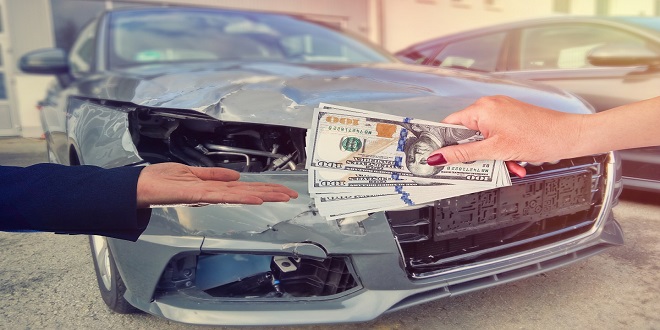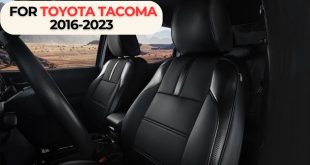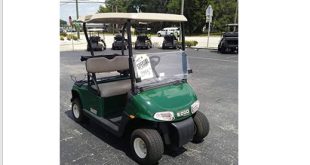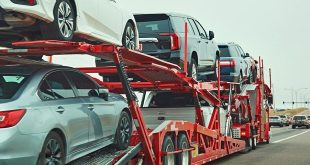When your car gets damaged from hail, a collision, vandalism, or anything else, the number one thing on most people’s minds is cost. Will insurance cover it? Will this raise my deductible? Are there going to be any hidden charges?
But once you get past the initial hurdle of filing the claim and having a check sent to you to cover the damage, some other questions may start crossing your mind.
Do I actually have to use this for my car repairs? If I spent it on a vacation or a new computer, would anyone stop me?
Surprisingly, in many cases, the answer’s no.There’s no universal rule that says you must spend the check on your repairs, and it’s not illegal to spend it on something else.
But this varies depending on a number of factors, and even if it’s allowed, it may not be a good idea. Keep reading to find out what factors to consider before you decide to spend your claim check on something else.
Factor 1: Whether Your Car Is Paid Off
If you own your car outright and there is no loan or other debt associated with it, then how you spend the insurance check is entirely up to you. This includes cashing it out for its full amount and using that money for any purpose you want.
However, if your car still has some outstanding debt or financing, things get more complicated. Since your car is technically not 100% owned by you, your claim check may be made out to both your lienholder and yourself.
When this happens, the ball is basically in your lienholder’s court. While some may simply verify the accident happened and send you the check, others may require you to spend it at a repair shop or will pay the repair shop on your behalf.
Factor 2: Whether You’re Liable
If the accident wasn’t your fault and you’re considered a “third-party”, the at-fault driver is probably responsible for paying your claim.
In this case, you have a bit more wiggle room. The at-fault driver’s insurance won’t know whether your car is loaned or owned outright and isn’t obligated to find out, so they’re able to send the check directly to you. When this happens, you can do whatever you want with the money.
Accidents from weather, such as getting damaged from a hail storm when driving, are handled by your personal insurance. In these cases, there is no other driver, so this factor doesn’t apply.
Factor 3: State Laws
Different states have different rules on how car insurance claims get handled. Some states require checks to be made out to lienholders when applicable, while others require them to be made out to the car owner.
Check with your local state laws to be sure your actions are in compliance.
Drawbacks to Keeping the Money for Yourself
While it may be tempting to spend claim money on personal expenses, it’s generally a good idea to avoid it — even when your damage is minimal.
This is because when small damage is left untreated, it can often turn into much more complicated and expensive damage. If you don’t spend the check on repairs immediately, you’ll be responsible for costs associated with any extra damage that occurs later on.
This damage can also cause your car to lose value, which will be a problem if you want to sell it. If you’re wondering how much hail damage can devalue a vehicle, the answer is a lot — and it will only get worse as time goes on. So, the sooner you get repairs, the better.
Conclusion
Ultimately, how you spend your insurance check depends on a number of factors. While it may be tempting to keep the money for yourself, it’s generally a good idea to spend it on car repairs as soon as possible, in order to avoid any additional damage or devaluation.
 BESTCITYTRIPS
BESTCITYTRIPS




